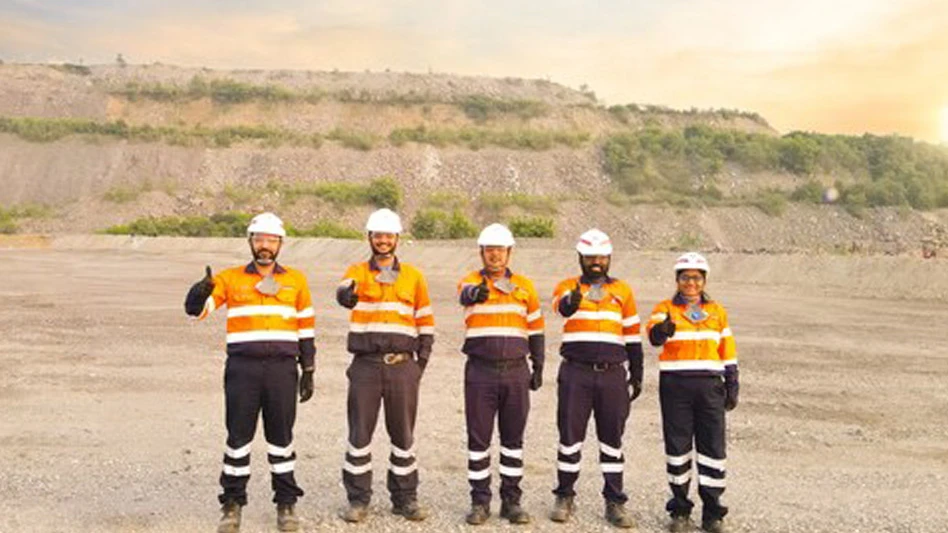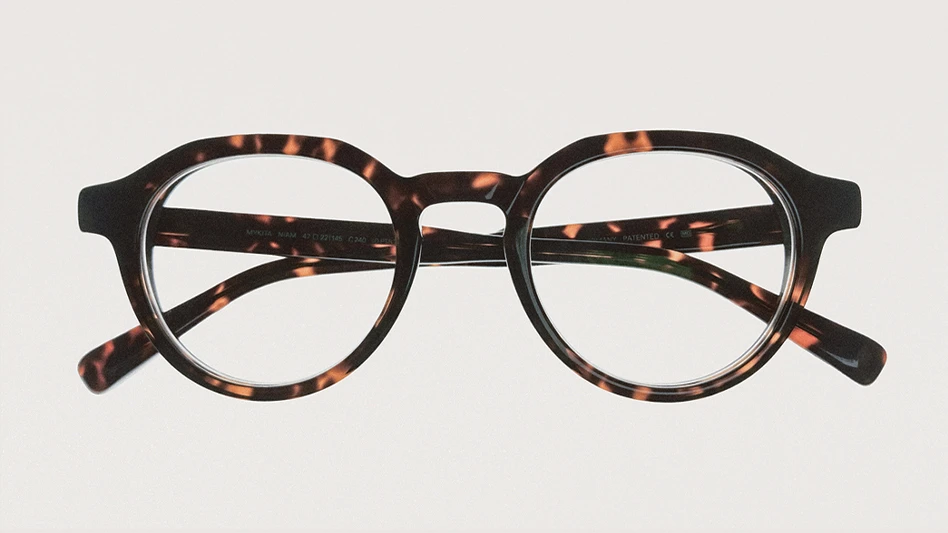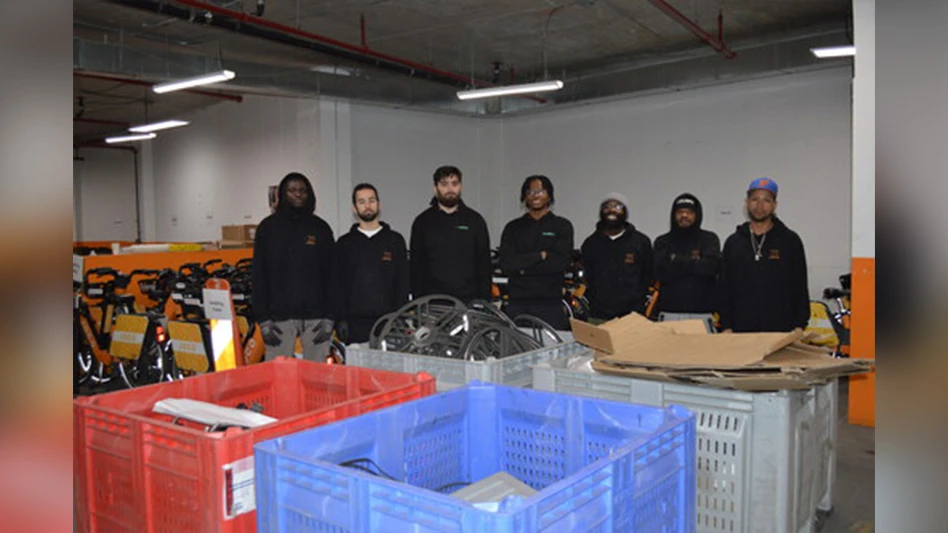
salita2010 | stock.adobe.com
Pittsburgh-based Alcoa will supply global cable producer Nexans with aluminum produced using the Elysis process, which it says eliminates all direct greenhouse gas emissions from traditional smelting.
Nexans, which is headquartered in France, will be the world’s first cable manufacturer to use metal from the Elysis process, Alcoa says, which replaces all greenhouse gas emissions with oxygen. The technology uses proprietary materials, including inert anodes, first developed at the Alcoa Technical Center near Pittsburgh. That research and development work became the technological basis for Elysis, a Montreal-based technology partnership that is working to ramp up the process to commercial scale.
RELATED: The future of low-carbon aluminum
A partnership between Alcoa and Rio Tinto, Elysis is said to eliminate all direct greenhouse gas (GHG) emissions from aluminum smelting, emitting oxygen as its byproduct.
Several Nexans facilities in Western Europe and Scandinavia will use aluminum produced from the Elysis process to start qualifications for the metal’s use in various types of low, medium and high voltage cables. Aluminum rod produced with Elysis technology could eliminate a significant portion of carbon dioxide emissions in the future, Alcoa says.
Alcoa already supplies Nexans with EcoLum, a primary aluminum with a carbon footprint that is nearly three times lower than the industry average. EcoLum is produced by smelters that use renewable energy and is offered in a full range of products, including billet, foundry, slab, wire rod, unalloyed high purity and P1020.
Since its launch in 2018, Elysis has produced R&D quantities of aluminum using this technology. Alcoa says it is marketing and selling its share of the Elysis metal, which has also been used for the wheels on the Audi eTron GT, the automaker’s first electric sports car.
Apple also is an investor in the technology and has used ELYSIS metal for some of its products.
Alcoa says Elysis is a key component in its technology road map of research and development projects that also includes projects such as the Astraea metal purification process and the Refinery of the Future, which aims to achieve zero-carbon alumina refining by using new processes and technologies.
The Astrea process is patented proprietary technology that can purify aluminum, regardless of alloy combination, and beneficiate it up to P0101, according to the company. This super-pure metal could then be blended with less-pure scrap to produce a metal that meets purity thresholds, improving the supply of postconsumer scrap that can be used as a raw material.
“Alcoa is well-positioned to supply low-carbon aluminum for the world’s transition to renewable energy, as we know that the true impact of decarbonization will also include the choice of materials used to build the infrastructure for generation, transmission and distribution networks,” says Renato Bacchi, executive vice president and chief commercial officer at Alcoa. “While we are developing Elysis for the future, we are also supplying low-carbon aluminum today with our EcoLum metal, which can help customers meet their own sustainability goals and lower their carbon footprints.”
“In the fight against climate change, solutions that support the world’s energy transition make a real difference," adds Vincent Dessale, chief operating officer and senior executive vice president at Nexans. "By increasing our use of low-carbon aluminum, we want to lead the way toward a sustainable electrification of the world: The rod produced with this breakthrough technology could eliminate a significant portion of carbon dioxide emissions in the future. We are proud to be the world’s first cable manufacturer to use metal from the breakthrough technology Elysis.”
Latest from Recycling Today
- Chemco Group commissions PET recycling facility in India
- NWRA appoints senior VP of administration and events
- Kuraray America’s Eval business unit earns ISCC Plus certification
- Ecowaste acquires Baker Trash Services and Gardner Disposal
- Ameripen launches “Power of Packaging” website
- Monadnock Paper Mills appoints director of strategic business development
- BIR launches BIR Academy educational video series
- Cyclic Materials secures $75M to build rare earths recycling infrastructure





